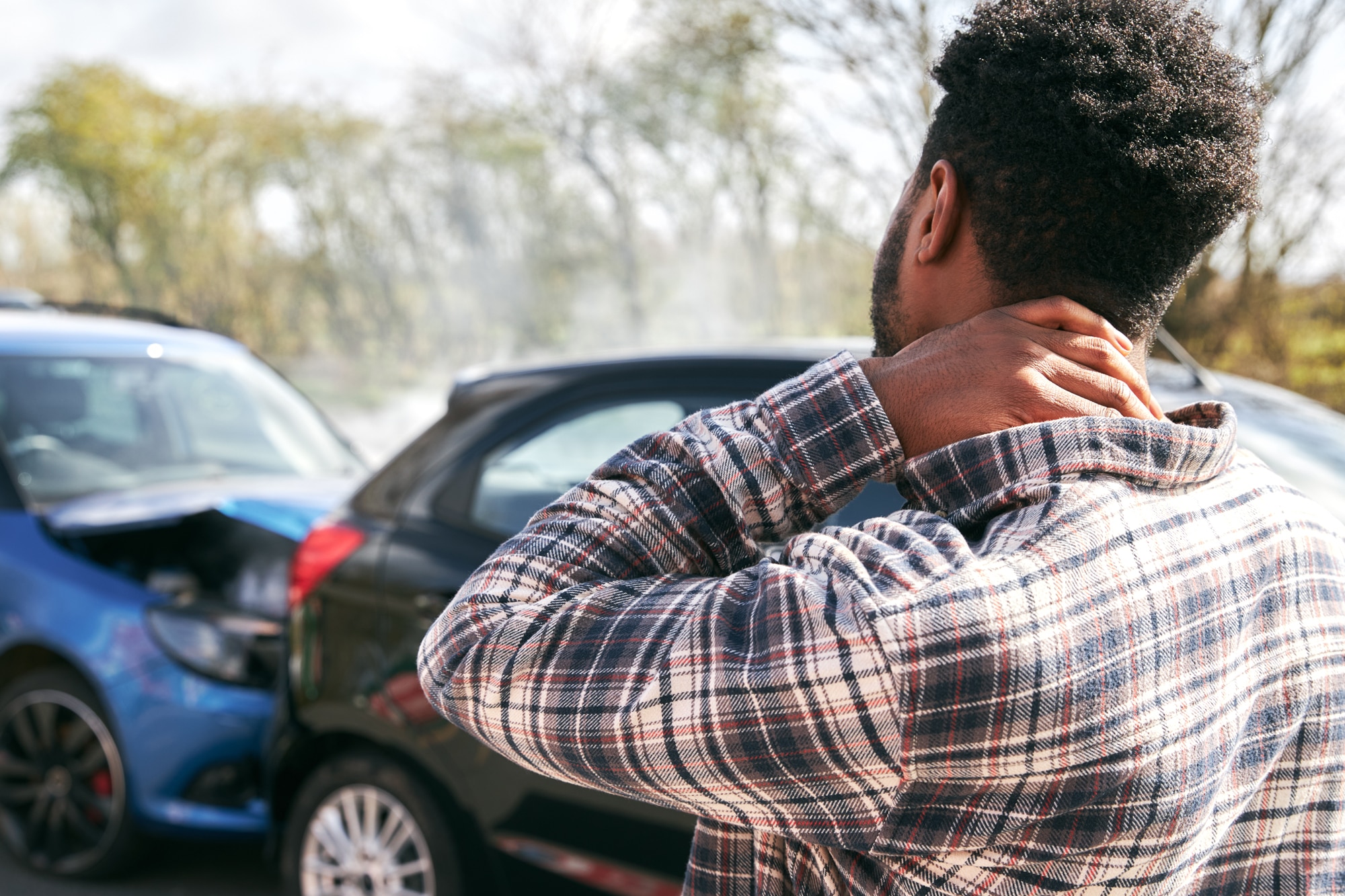You Were Just in a Car Accident. Now What?
Step-by-step instructions for dealing with a bad day behind the wheel.
 Shutterstock
Shutterstock
Whether it’s a serious collision or just a fender-bender, any car accident can send your stress level through the roof. That’s especially true if you aren’t sure what to do in the immediate aftermath.
Here are the basic steps to follow after a crash to make sure you account for the health, safety, and legal obligations of everyone involved.
Pull Over if Possible
It’s dangerous to remain in the roadway after an accident, especially in a high-traffic area. If your vehicle can move under its own power, pull it to the side of the road as soon as possible to avoid being hit by a passing motorist.
Check for Injuries
The first thing to do once you’re somewhere safe is to check yourself, your passengers, and anyone else involved to see if they’ve been injured. If someone is hurt, your top priority should be to get them the medical attention they need.
Call the Police
Some states require a 911 call after any car accident, no matter how inconsequential. It's not always possible to know the laws of the area where your accident happened, especially if you’re just passing through, so it’s always wise to contact law enforcement immediately after your incident. If the accident is minor and doesn't require emergency services, an officer or 911 operator can tell you how to proceed.
Document the Scene
If another driver was involved and they remained at the scene, you should take down their contact, driver’s license number, license plate of the vehicle and insurance information so you can get in touch with them when you’re processing any insurance claims. It's also a good idea to use your smartphone to photograph the accident scene from afar, as well as close-ups of any vehicle or property damage. Photos may be helpful in the event of future police or insurance investigations.
File an Accident Report
If someone is injured, if property or vehicle damage is severe enough to warrant a claim, or if you’re in a jurisdiction with mandatory reporting requirements, you'll need to file an accident report with local police. This report will often be taken care of by an officer who responded to the scene, but some states allow you to file your own accident report if necessary.
Contact Your Insurance Company
If you plan to file a claim, you should get in touch with your insurance company later that day. Even if you don't intend to make a claim, alerting your insurer is a good idea in case anyone else involved decides to move ahead with a claim of their own.
Get Your Car Inspected
Even if your vehicle doesn't appear to be damaged or seems to have suffered only minor scrapes or scratches, it's still worth having it inspected by a professional mechanic. Sometimes components under a vehicle's skin, such as bumper supports, airbag sensors, or other safety features can break on impact in ways that aren't visible from the outside.
Written by humans.
Edited by humans.
 Benjamin Hunting
Benjamin HuntingBenjamin Hunting is a writer and podcast host who contributes to a number of newspapers, automotive magazines, and online publications. More than a decade into his career, he enjoys keeping the shiny side up during track days and always has one too many classic vehicle projects partially disassembled in his garage at any given time. Remember, if it's not leaking, it's probably empty.
Related articles
View more related articles